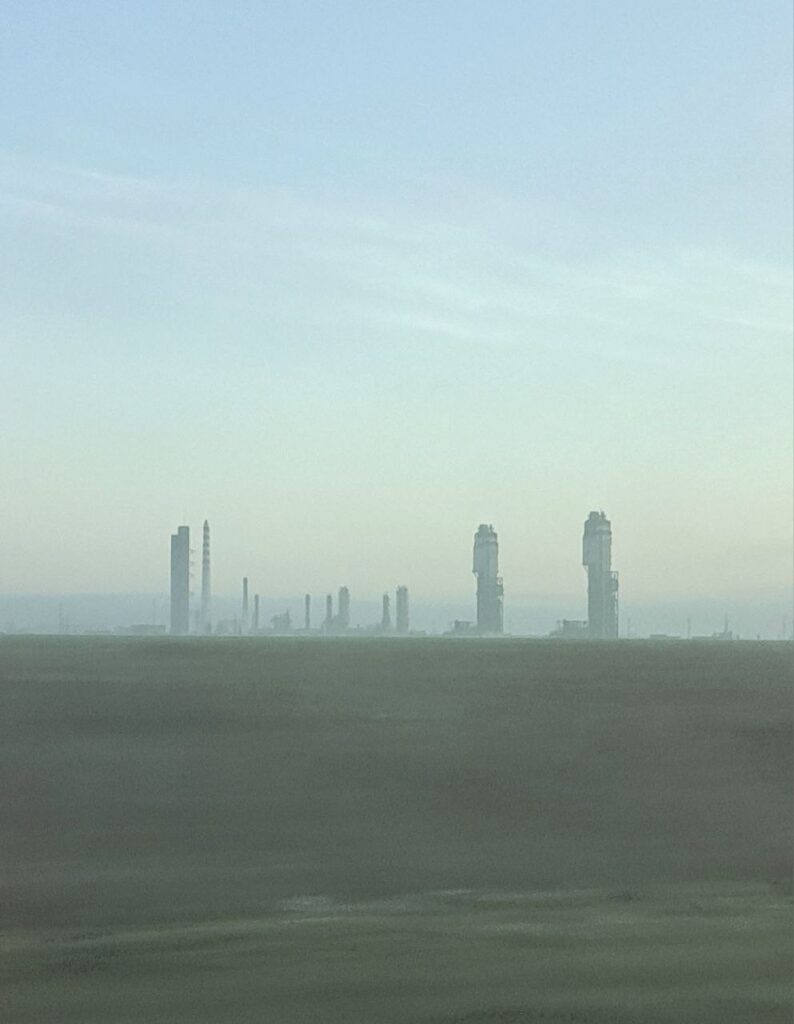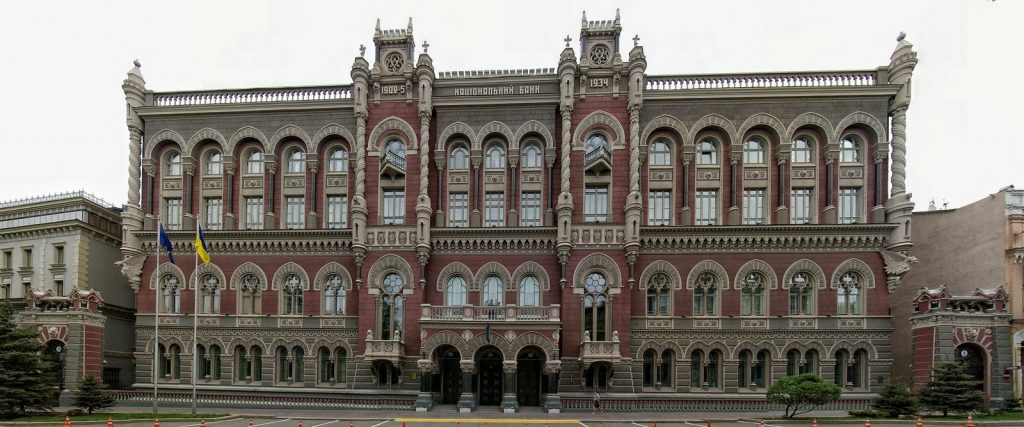Scandal-hit Odesa chemical giant goes up for sale

Ukraine’s government approved the privatization of the scandal-ridden Odesa Port Plant, setting a starting auction price of 4.5 billion hryvnias ($109 million) for the massive chemical facility, which had previously been paralyzed by corruption.
The sale tests whether Ukraine can revive a critical link in global food security as the country struggles with fertilizer shortages that threaten agricultural output. Ukrainian farmers can access only half the fertilizers they need, making the plant’s restoration vital for domestic food production and international grain exports.
Strategic fertilizer hub for global markets
Before the full-scale invasion, Ukraine produced over 5 million tons of fertilizer annually as a major grain exporter.
The Odesa Port Plant, spanning 250 hectares in Pivdenne near Odesa, operated Ukraine’s only ammonia transshipment terminal with 4 million tons annual capacity, connecting global fertilizer supply chains.
The facility’s two ammonia production units (1.08 million tons capacity) and two urea production units (900,000 tons capacity) previously exported to over 30 countries, contributing to worldwide agricultural productivity.
With global fertilizer prices still elevated since the war began and production disrupted across the region, the plant’s revival could help stabilize Ukrainian harvests and international food supplies.
From corruption symbol to auction block
Prime Minister Yulia Svyrydenko announced the privatization decision, noting the plant has operated only partially since 2022, providing oxygen and nitrogen for critical needs while serving as a port hub.
The facility became synonymous with state enterprise corruption after investigators revealed officials stole over 2 billion hryvnias ($48.4 million) through rigged tenders and kickback schemes. The scandal effectively paralyzed productive operations even before Russia’s full-scale invasion.
Wartime privatization wave accelerates
The Odesa Port Plant sale continues Ukraine’s accelerated asset sales to raise defense funds and attract private investment. The government recently cleared the path to sell state banks Sense Bank and Ukrgasbank, while the iconic Hotel Ukraine in central Kyiv was auctioned for $61 million in September 2024.
“The enterprise must restore full operations. This is only possible through attracting a private owner and investments,” Svyrydenko emphasized, noting the sale could help Ukrainian farmers access domestic fertilizers while reviving Odesa’s war-damaged economy.
Investment requirements target a clean slate
New owners must invest at least 500 million hryvnias ($12 million) over five years, maintain core fertilizer production, repay wage and budget debts within one year, and ensure worker social guarantees.
Success could demonstrate Ukraine’s ability to conduct transparent wartime privatizations while restoring a facility crucial for feeding Ukraine and the world.
